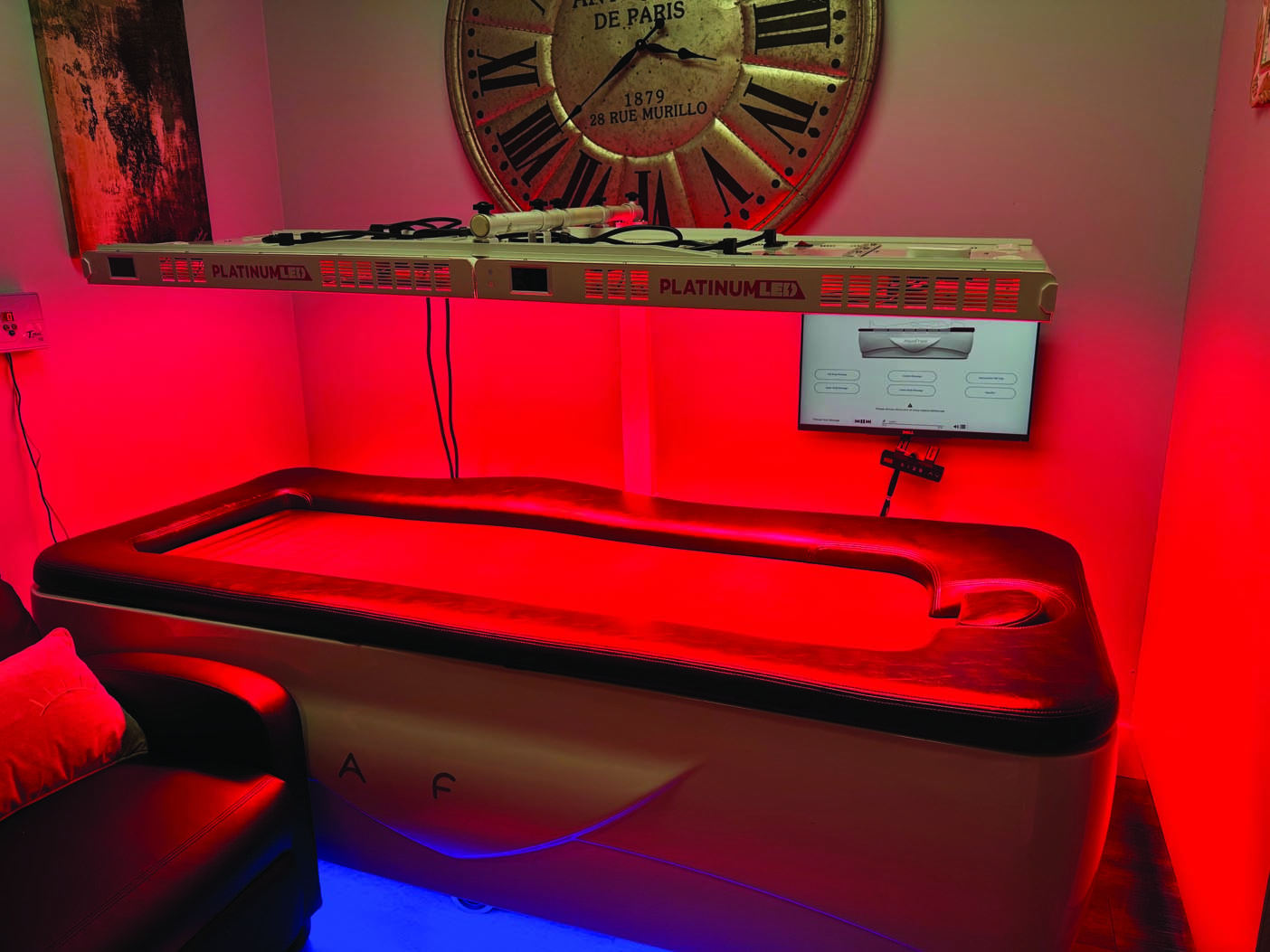Traditionally, the month of May begins the annual barrage of attacks on the sun and our industry by various skin cancer awareness groups. They’ve been promoting an event called, “Melanoma Monday” for decades. Back in the 90s, I attended the kick-off press conference in New York (albeit, as the tannest one in the room). You can only imagine the hyperventilating going on with those same groups as studies now indicate that vitamin D and UV exposure are having positive effects on reducing COVID-19.
My local Atlanta news recently aired a segment featuring a pharmacist who noted some of the studies and was pushing vitamin D tablets. However, I found other reports that contend oral supplements simply don’t show similar consistent results. This is likely to be the case as our bodies utilize UVB light differently than through oral vitamin D.
In late May, I read a release about a biotech company that wrote a white paper on ways to improve the health of people affected by conditions tied to reduced sun exposure and low vitamin D. The company notes that research is coming forward suggesting a potential link between vitamin D and COVID-19 outcomes, also noting a UK study connecting low levels of vitamin D with high COVID incidence and mortality. Another study associated low vitamin D with high risk of acute respiratory tract infections. Another ties low vitamin D levels with “cytokine storms,” a condition often seen in severe COVID patients. Of course, many more studies should be done, but this is clearly a positive trend. Which brings me back to the news and broadcasts reminding folks of the dangers of skin cancer and sun exposure.
As many folks have been self-quarantined since early March and some states (as of this writing) still are restricting small businesses, beaches are beginning to re-open. It’s like we’re crawling out of caves in search of the sun! I read about a local community that surveyed homeowners on whether or not the pool should be opened. It was split about 50/50. The “yays” said basically, if you don’t want to use the pool or are concerned, don’t come … but let the pool be open! The “nays” wanted to keep it closed and urged the HOA to return a portion of their dues.
Our bodies crave sunlight and as we know, it’s very effective at vitamin D3 synthesis. So, while we should be very encouraged by these studies showing positive effects of UV against COVID-19, let us remember that indoor tanning equipment is regulated by the Food and Drug Administration (21CFR 1040.20) as a Class II medical device. No health claims or statements regarding the relative safety of indoor tanning are allowed to be made. Such claims are also monitored by the Federal Trade Commission. Perhaps, the best plan is to let these studies and reports continue and let the positive news do the talking.
























